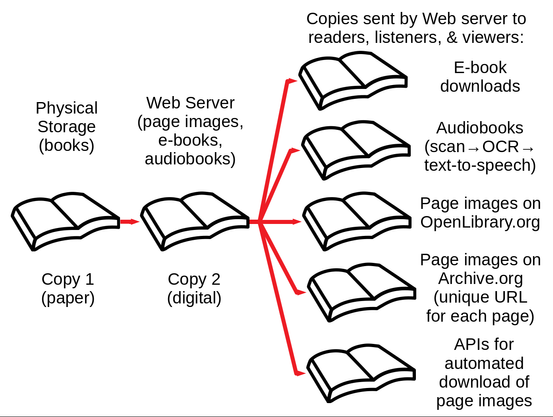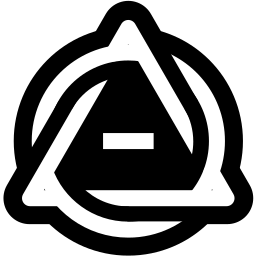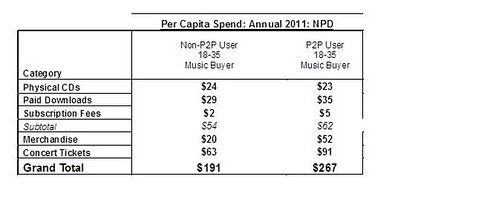the fact that the Internet Archive got into bigger trouble for lending books they paid for than Facebook did for reproducing books they pirated tells you everything you need to know about copyright.

What is the Internet Archive doing with our books? | NWU
The NWU presented a public informational webinar on “What is the Internet Archive doing with our books?” on April 27 and May 5, 2020. The webinar explains "Controlled Digital Lending", the "National Emergency Library", and "One Web Page for Every Page of Every Book": Video of webinar Slides from webinar Related articles: We Need Federal
@ariaflame Does the widespread access to libraries in Germany for as little as 10€ a year (gratis for kids) cause people not to buy books?
- "If everyone could get this for free, who would pay?"
Wrong question. The right question is: why do people pay for books even though they don’t have to?
Why did people pay for music between 2002 and 2007 when 30% of people could download everything?
And why did those who downloaded pay more?
https://www.michaelgeist.ca/2012/11/npd-data-on-p2p/
As I remember it was something along the lines of books should be free. And you know, if there was a UBI for everyone so that people didn't need to rely on doing something for income then it might be.
@ariaflame they wrote "good. access to knowledge should be free."
I understand why they blocked you: your point (no new books) has been disproven again and again and again whenever scientists actually made a study to investigate whether free access (via p2p) caused financial losses to artists.
Even the "displacement" study of the EU commission could only find a small effect on blockbuster movies, but nothing else.
For a list, see https://web.archive.org/web/20240101120718/https://wiki.laquadrature.net/Studies_on_file_sharing#Economical_effects_of_filesharing
@nargacutie @ehasbrouck @Yuvalne

